Conclave

My favourite Ralph Fiennes performance is in Fernando Meirelles’s The Constant Gardener (2005). Fiennes plays a British diplomat stationed in Africa, forced to unravel the conspiracy that led to his wife’s murder. Investigating her death, he comes to know her better than he did when she was alive; it is a backwards love story about honouring legacies we might not fully comprehend. Fiennes’s role as Cardinal-Dean Thomas Lawrence in Edward Berger’s new Vatican thriller Conclave plays out in a similar key. The film opens with the death of the person dearest to Lawrence in the whole world – in this instance, the pope – and only through overseeing the election of his successor will the Dean come to truly understand the man he devoted his life to.
There have been 111 conclaves held throughout the history of the Catholic church – 111 times when the College of Cardinals has been summoned, sequestered, and tasked with choosing the new figurehead for 1.3 billion Catholics worldwide through a painstaking voting process. I am not sure that any have ever been quite so scandalous as the one depicted here in Berger’s thoroughly gripping film. At every turn, Conclave wards off the usual insults frequently levelled at movies about old men in old buildings whispering about power; it is never stuffy or self-important. Instead, it is a propulsive, edge-of-your-seat political thriller far more interested in entertaining than elucidating. Truth be told, I am not sure that any filmmaker has had had quite this much fun with the Vatican since Ron Howard sent Ewan McGregor parachuting out of an exploding helicopter into the middle of Saint Peter’s Square in Angels & Demons (2009).
Three weeks after the pope’s death, all the world’s cardinals descend on Rome. In a breakneck first act, we meet the key players and learn their political leanings. There is Stanley Tucci’s Cardinal Bellini, a humble progressive who claims to have no designs on the papacy; John Lithgow’s slimy Cardinal Tremblay, a broad populist you could picture giving sit-down interviews on Fox News; Lucian Msamati’s Cardinal Adeyemi, a charismatic but frighteningly conservative candidate from Nigeria; Sergio Castellitto’s scene-stealing Cardinal Tedesco, a fiery, vape-puffing Italian who sees the church’s modern relativism as weakness; and the mysterious Cardinal Benitez from Mexico by way of Kabul, who informs Lawrence that the late pope ordained him in pectore – secretly – not long before his death. To each of these candidates there is a mystery or hidden agenda which Lawrence, as God’s ordained middle manager, will have to unpick before any one of them achieves a two-third majority vote and becomes the new head of the Holy See. Then there is Lawrence himself – Fiennes’s best performance in years – who keeps his cards close to his chest and the audience guessing to the very end. Is he pious detective or puppet master?
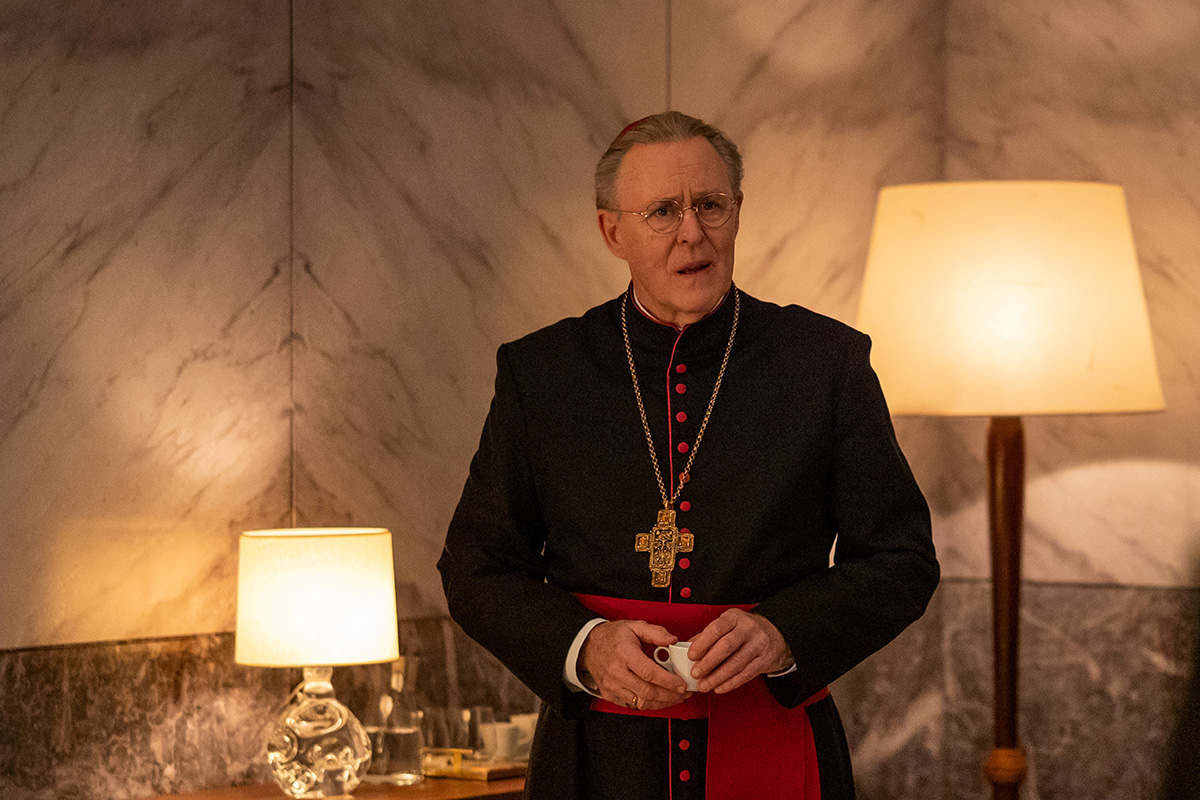 John Lithgow in Conclave (British Film Festival)
John Lithgow in Conclave (British Film Festival)
This 112th conclave is painted as a fight for the very soul of the church, one that will determine its political and moral agenda for generations to come. Where Bellini and Lawrence see it as a chance to build on the previous pope’s broadly progressive work, Adeyemi, Tedesco, and others seek to turn back the clock, returning the Vatican to a more righteous age of fire-and-brimstone partisanship. The candidates, like the church itself, are torn between old and new. Berger ingeniously illustrates this not just through the many late-night parleys in shadowy corridors, but in the nuts-and-bolts logistics of organising and running the conclave itself. Overseen by Sister Agnes (a briefly seen but delightful Isabella Rossellini) and her team of nuns, the conclave feels at times more like a corporate retreat or school camp than a sacred ritual; we watch cardinals in their ceremonial garb spooning pasta from bains-marie and eating at long cafeteria tables, nuns charging iPads, and priests ferried about on mini-buses. Conclave shows us that the modern world has already encroached upon this ancient one and will continue to do so; that progress and modernisation are inevitable; and that it is up to those sequestered in the Sistine Chapel as to whether the outfit embraces that change or fights vainly against it.
With a script by Peter Straughan, based on Robert Harris’s 2016 novel, Conclave makes no bones about its own moral leanings. It leaves its villainy for humans, not institutions (beyond some light lip service), depicting the Catholic church as a flawed but inherently decent entity liable to be misused by a few bad apples. There might have been a truer, even pricklier version of this film that didn’t default to the Vatican as some bastion of tolerance just to set up its dramatic stakes, but this is all in keeping with Conclave’s lavish, unsubtle fantasies. In the lead-up to the US election, it feels like a much more pointed dissertation on democracy than religion; a handful of dogmatic power brokers whipping a fractious voting bloc into anointing the ‘least worst option’, second-handedly determining the fates of 1.3 billion people in the process. The film acknowledges its own timing just as openly as its election-season contemporary, Ali Abbasi’s The Apprentice: ‘I feel as if I’m at some American political convention,’ remarks one cardinal, while another asks a peer who’s pledged allegiance to the right-wing Tedesco: ‘What has he offered you? Secretary of State?’
Edward Berger is a unique filmmaker in the modern landscape. He balances classical ideas with blockbuster sensibilities – or more fittingly, tradition with progress. He is a master of blocking and framing (skills increasingly hard to come by in the Netflix age), but favours jagged, abstract musical cues (Volker Bertelsmann’s score here is suitably juicy and jumpy). Berger is clearly adept at wrangling an ensemble of dramatic heavyweights; he loves gigantic, expressionistic close-ups just as much as painterly wide shots (with credit to cinematographer Stéphane Fontaine, certain images drew audible gasps of appreciation during my screening). Berger’s Oscar-nominated adaptation of All Quiet on the Western Front (2022) frustrated purists but clicked with mainstream audiences, and I can see Conclave doing the same; it is a jaunty potboiler in prestige-drama vestments. Recent internet rumours suggest that Berger’s the frontrunner to take the helm at the James Bond franchise, entrusted with dragging another cultural icon into the twenty-first century. I can’t think of a better man for the job.
Conclave (British Film Festival) is screening nationally from 6 November to 8 December 2024.







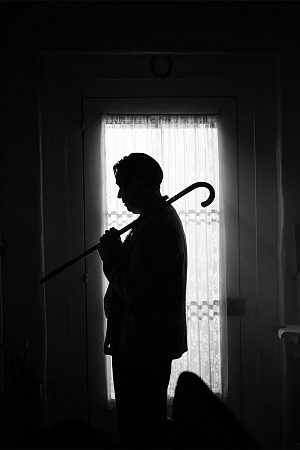
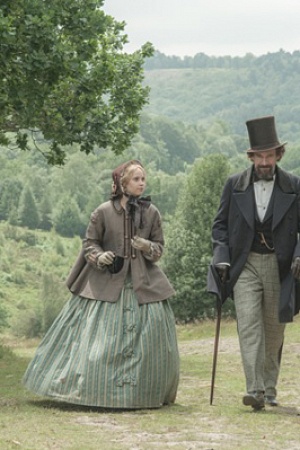
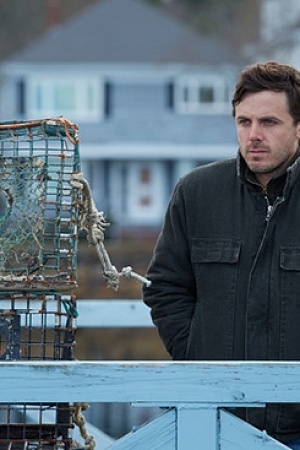
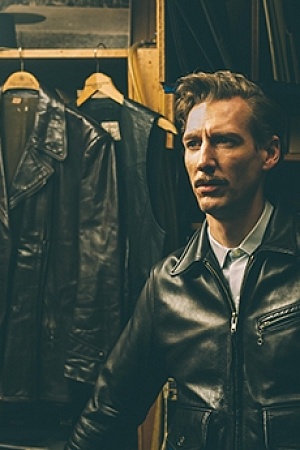
Comment (1)
Leave a comment
If you are an ABR subscriber, you will need to sign in to post a comment.
If you have forgotten your sign in details, or if you receive an error message when trying to submit your comment, please email your comment (and the name of the article to which it relates) to ABR Comments. We will review your comment and, subject to approval, we will post it under your name.
Please note that all comments must be approved by ABR and comply with our Terms & Conditions.